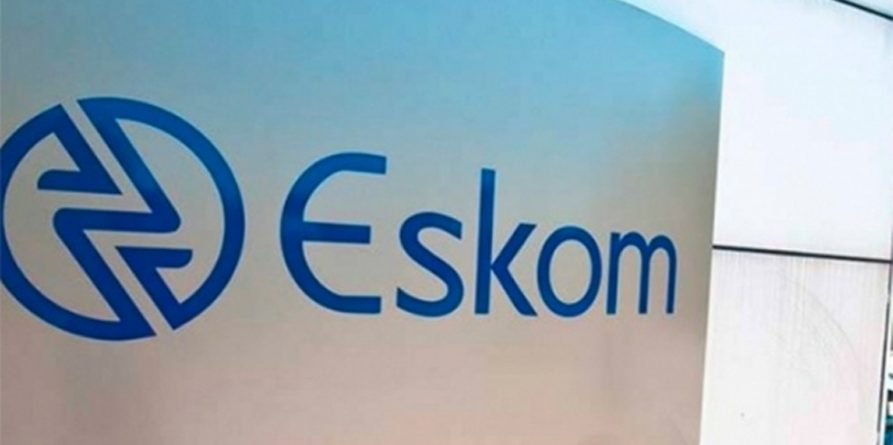South Africa. Eskom must tackle the cost of its coal contracts
By Vuslat Bayoglu
The lockdown is imposing additional financial strain on Eskom and necessitates urgent solutions to get the company on a sustainable path beyond Covid-19.
It is estimated Eskom will lose between R2.5 billion and R3 billion in revenue per month due to the low electricity demand triggered by the national lockdown.
This will compound existing problems: R450 billion debt, maintenance arrears, costly Medupi and Kusile faults, and money lost during state capture. The other perennial problem, perhaps the biggest, is the expensive coal supply contracts.
At the onset of the lockdown Public Enterprises Minister Pravin Gordhan, Minerals and Energy Minister Gwede Mantashe and Trade and Industry Minister Ebrahim Patel had not concluded discussions with Eskom coal suppliers about price cuts. The discussions began last year and have been ongoing, triggered by the need to cut Eskom’s costs base and reduce debt to manageable levels.
Some industry observers have suggested that one of the easiest ways to cut Eskom’s debt burden would be to reduce what they describe as Eskom’s “bloated” work force. Predictably, this has been vociferously resisted by unions who point to coal contracts as the biggest elephant in the room.
Besides, cutting the work force is politically difficult for government given the highest level of unemployment in the country. The Covid-19 induced economic recession makes it even less attractive option.
Another option that has been on the table at the National Economic Development and Labour Council is capital injection by the government employee pension fund to reduce Eskom debt and save jobs. This idea, preferred by some unions, has been criticized by those who believe Eskom would be too high a risk to plough money pensioners may not recover.
Read more @Fin 24











